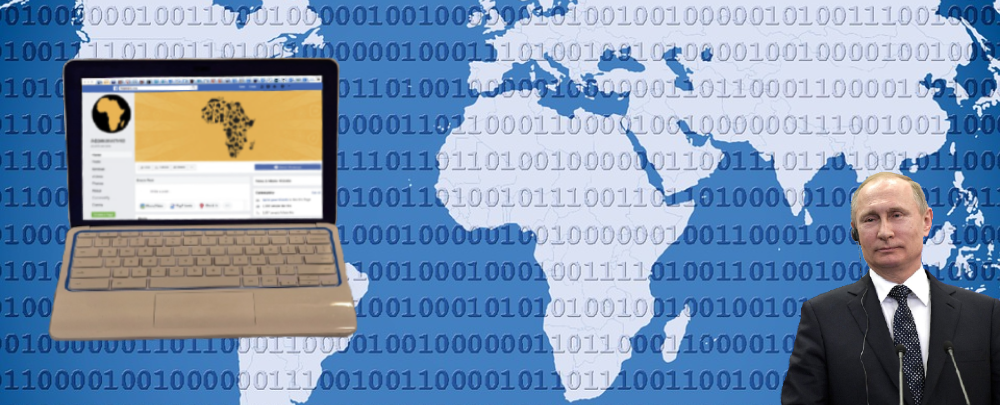
In October 2019, Facebook removed dozens of inauthentic coordinated accounts operating in eight African countries that had been engaged in a long-term disinformation and influence campaign aimed at promoting Russian interests. The accounts were linked to Yevgeny Prigozhin, a Russian oligarch with long-standing ties to Russian President Vladimir Putin who has been indicted for interfering in U.S. elections. Prigozhin also heads up the infamous Wagner Group, a private security contractor that has deployed former Russian military personnel into African conflict zones, including Libya, the Central African Republic, Mozambique, and Mali.
The deactivated accounts, which targeted Cameroon, the Central African Republic (CAR), Côte d’Ivoire, the Democratic Republic of the Congo, Libya, Madagascar, Mozambique, and Sudan, provide insights into the opaque realm of Russian disinformation campaigns in Africa.
Dr. Shelby Grossman, a research scholar at the Stanford Internet Observatory, led the team that worked with Facebook to identify and analyze Russian-linked disinformation campaigns in Africa. Such campaigns are a growing concern for African countries where information systems are often vulnerable to manipulation, due, in part, to the prevalence of misinformation—the mistaken, rather than intentional, sharing of inaccurate information. The Africa Center talked to Dr. Grossman about her research and its implications for recognizing and combatting disinformation in Africa.
What do we know about the inauthentic content posted on Facebook and Instagram?
All the pages removed by Facebook were pages linked to “a firm” tied to Yevgeny Prigozhin. We know that these pages are linked to Prigozhin for two reasons. The first is a document that we received from the Dossier Center, a Russian investigative organization founded by Mikhail Khodorkovsky, a Russian oligarch who fell out of favor with Putin, that showed Prigozhin’s employees boasting about having created Facebook pages targeting Libya. The second source was Facebook. When we brought the Libya pages to Facebook, they said they had been investigating dozens of other pages that had the same upstream actor, i.e. Prigozhin, and asked if we wanted to investigate them jointly.
“The content consisted of a lot of ‘cheerleading’ for whomever was currently in office.”
The Facebook and Instagram content we analyzed was typically supportive of the ruling party in whatever country the page or account was targeting. Generally, the content consisted of a lot of “cheerleading” for whomever was currently in office. The most straightforward examples were the Mozambique pages, created in September 2019, just a month in advance of Mozambique’s elections. The pages existed exclusively to promote the Frelimo ruling party. There would be posts of incumbent President Filipe Nyusi holding a rally with a really big crowd and other similar content.
